Advertisement
Eat foods high in fiber, drink water and consider using a laxative
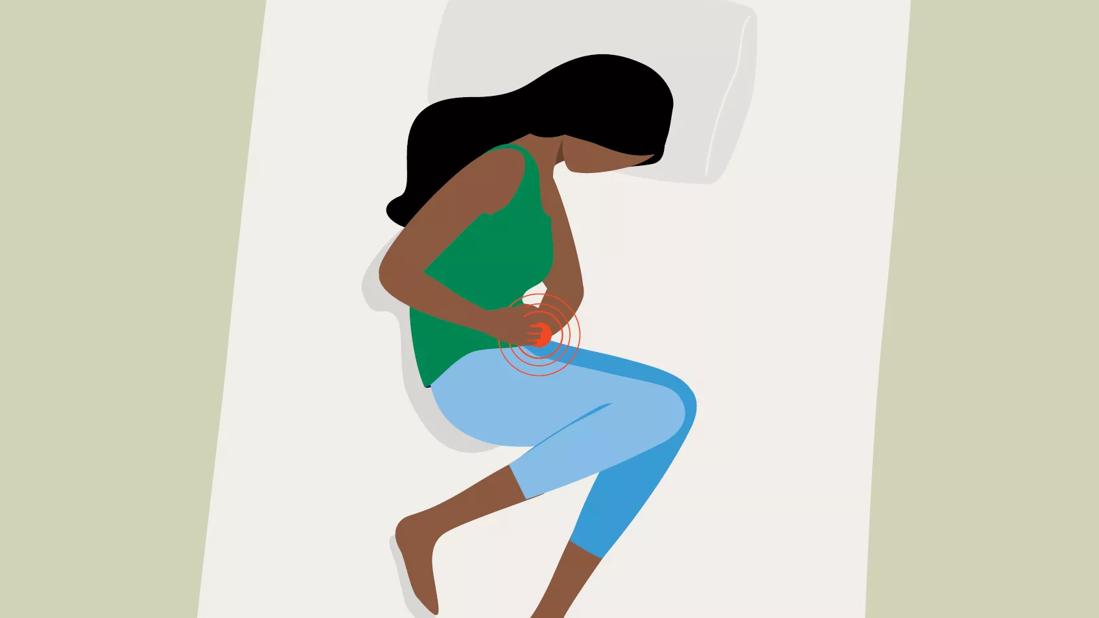
We all poop. But there might be times in your life where it can be difficult to have a bowel movement.
Advertisement
Cleveland Clinic is a non-profit academic medical center. Advertising on our site helps support our mission. We do not endorse non-Cleveland Clinic products or services. Policy
How often you poop varies from person to person — you might have a bowel movement one to two times a day or every two to three days.
But in general, if you have three or fewer bowel movements a week, hard stools or strain to have a bowel movement, then you may have constipation. Your stool can become dry and dense, it may feel like you haven’t fully emptied your bowels and it becomes painful to poop.
According to the National Institute of Diabetes and Digestive and Kidney Diseases, about 16 out of 100 adults have symptoms of constipation, so you’re not alone.
So, is there anything you do to help you go?
Gastroenterologist Samita Garg, MD, shares ways to alleviate your constipation at home.
Here are some ways to tackle your constipation at home.
A fiber supplement can help relieve constipation.
“Fiber supplements are bulking agents,” says Dr. Garg. “They add weight, size and soften the stool, which helps move the stool through your intestines.”
There are many options available over-the-counter online or at stores. They come in different forms like powder, fiber thins, capsules and gummies. Options include psyllium (Metamucil®), methylcellulose (Citrucel®) or plant-based prebiotic fiber (Benefiber®).
Dr. Garg notes that fiber supplements can cause some minor cramping, as they’re gentle laxatives, but they’re generally well-tolerated.
And when it comes to how often you should use a fiber supplement, it depends on how often you have constipation.
“If your constipation is very mild and happens sporadically, you can just take it as needed. Be aware that it can take 12 hours to three days to take effect,” says Dr. Garg. “But if it’s been bothering you most days of the week, for example, you might want to take it on a regular basis like once daily.”
“You are what you eat” isn’t just a common saying. It can help you focus on eating the right types of foods that are high in fiber and plant-based so you feel well, says Dr. Garg.
What you eat can affect your bowel habits, your gut microbiome and how you feel in general.
Adding high-fiber foods to your diet can help regulate your bowel movements by bulking up your stool and helping it move through your intestines faster.
These foods are high in fiber:
Drinking water seems obvious, right? But many of us struggle to stay properly hydrated throughout the day.
The National Academies of Science, Engineering and Medicine recommends the following for daily fluid intake:
“Drinking lots of water, especially warm or hot water in the morning, can help you have a bowel movement,” encourages Dr. Garg.
Staying hydrated can help you poop regularly. If you’re experiencing constipation, drinking water can help trigger a bowel movement.
If you’re feeling bloated and sluggish and haven’t had a bowel movement in a few days, try moving around.
“Movement and exercise can stimulate the abdominal muscles and blood flow to your intestines,” says Dr. Garg.
But don’t think you need to go run a marathon or sign up for a spin class. Something as simple as walking around the block can get things unblocked.
Also, having a regular daily routine and prioritizing sleep can help with having regular bowel movements.
There are different kinds of laxatives that can help ease your constipation. Most of these can be purchased over-the-counter online or at the store.
Advertisement
“Your doctor may recommend that you take a laxative as needed, or sometimes more regularly depending on how significant or severe your constipation is,” notes Dr. Garg.
If you’ve tried adding fiber and still haven’t been able to poop, you could try a stool softener.
“You may see a stool softener and a laxative stimulant paired together,” says Dr. Garg.
You can find stool softeners over-the-counter online or at the store. Options include docusate sodium (Colace®) and docusate calcium (Surfak®).
That cup of joe can help you go.
Research shows that caffeinated coffee can stimulate the muscles in your digestive system. In fact, caffeinated coffee has a stronger effect — up to 60% — than just drinking water or decaffeinated coffee.
“Coffee can stimulate colonic contractions and the gastrocolic reflex, which causes increased movement of the lower GI tract in response to the stretch of the stomach from eating or drinking,” explains Dr. Garg.
You probably don’t consider how you poop, but there can be some benefits to rethinking your position.
Squatting or using a stool can help your stool pass more easily.
“Some people learn maneuvers and techniques over time of how to pass stool that aren’t working for them, so it can be beneficial to re-teach the mechanics of stooling,” says Dr. Garg.
While there’s a host of things that can help relieve your constipation, there are certain things you shouldn’t do as well.
First, don’t strain.
“If you don’t feel like you need to go, you shouldn’t be sitting there and trying very hard,” stresses Dr. Garg. “Don’t strain or push yourself.”
Straining can lead to a prolapsed rectum, rectal bleeding or rectal pain and pressure.
Also, while laxative cleanses may seem like they can help clean out your bowels, Dr. Garg doesn’t recommend them regularly because they can cause dehydration and electrolyte imbalances.
If you’ve made changes to your diet, exercise routine, stress level and medications, but still have frequent constipation over the course of a few months, it might be time to see your doctor.
“If it’s a constant problem despite making changes then it might be chronic constipation or something else, and it may be beneficial to see a physician,” says Dr Garg.
Also, if you experience any of the following, it’s time to see your doctor.
Overall, constipation is something we all deal with from time to time. Focus on adding fiber to your diet, exercising most days and staying hydrated — and going to the bathroom when you feel like you have to. At-home remedies can also help relieve your constipation.
“Sometimes, it might be trial and error with some of remedies to see what works best for you, but your GI [gastrointestinal] doctor can help,” says Dr. Garg.
Advertisement
Learn more about our editorial process.
Advertisement

Moisturize often, take oatmeal baths, use Epsom salts and follow a healthy diet to help reduce your symptoms
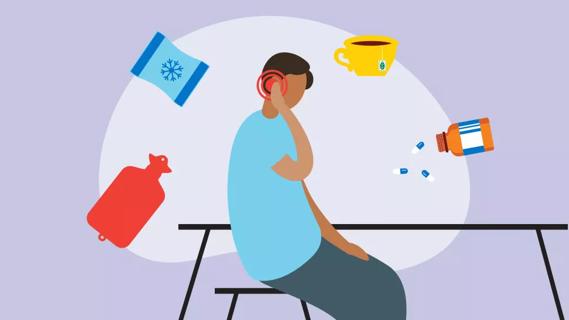
Not all ear infections need antibiotics — cold and warm compresses and changing up your sleep position can help
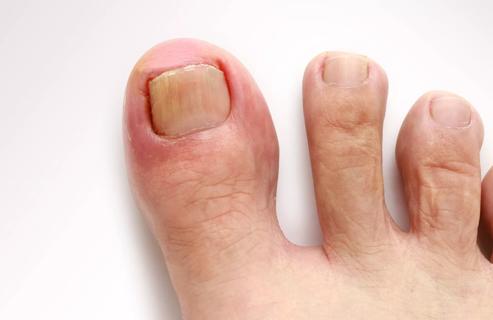
Pain meds, toenail protectors and petrolatum jelly may spare you a trip to a podiatrist
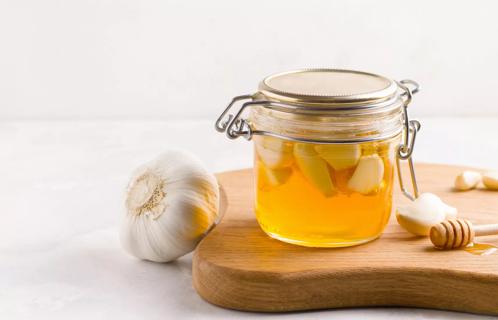
On their own, honey can help soothe a sore throat and garlic has immunity-boosting properties, but you don’t need to go the fermented route

Eye drops and cold water rinses can help speed up healing for viral and allergen-related conjunctivitis, but a bacterial infection will need antibiotics
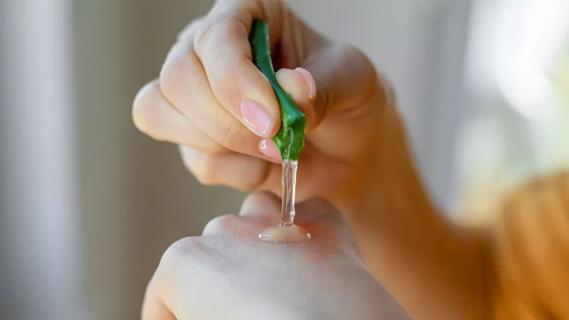
Some natural home remedies may offer relief, but they lack scientific evidence and won’t typically cure the condition
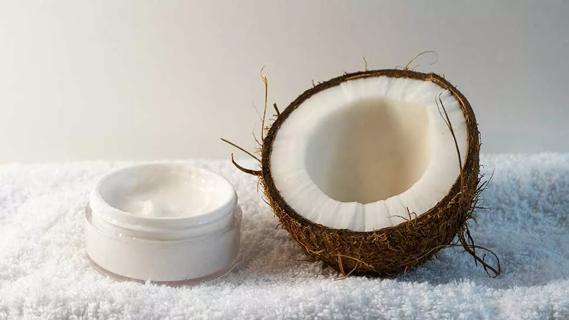
Colloidal oatmeal, petroleum jelly and other around-the-home products can help provide needed relief
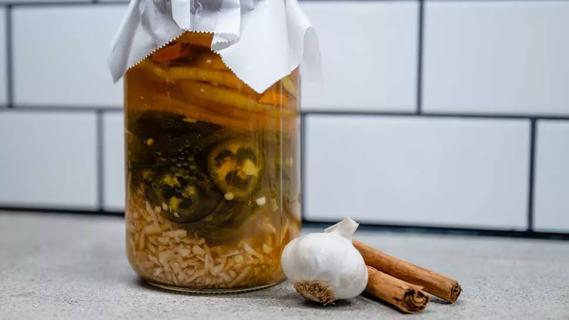
This spicy concoction can do more harm than good, upsetting your stomach and causing painful acid reflux

Focus on your body’s metabolic set point by eating healthy foods, making exercise a part of your routine and reducing stress

PFAS chemicals may make life easier — but they aren’t always so easy on the human body

While there’s little risk in trying this hair care treatment, there isn’t much science to back up the claims